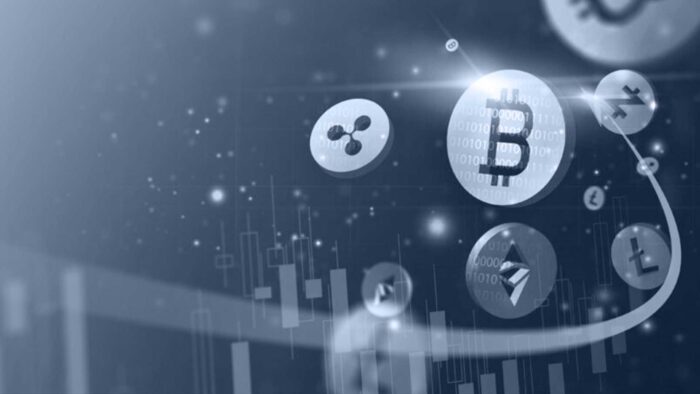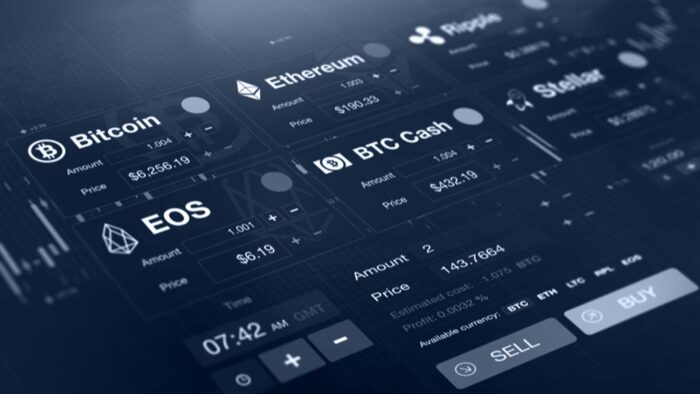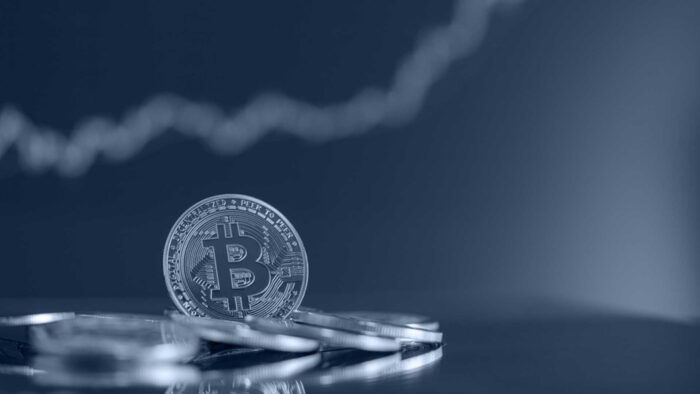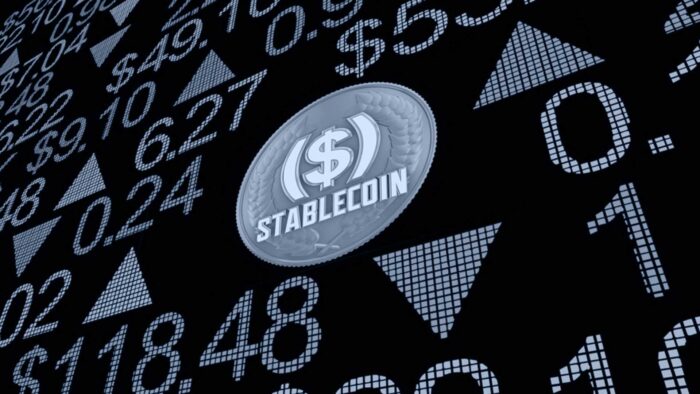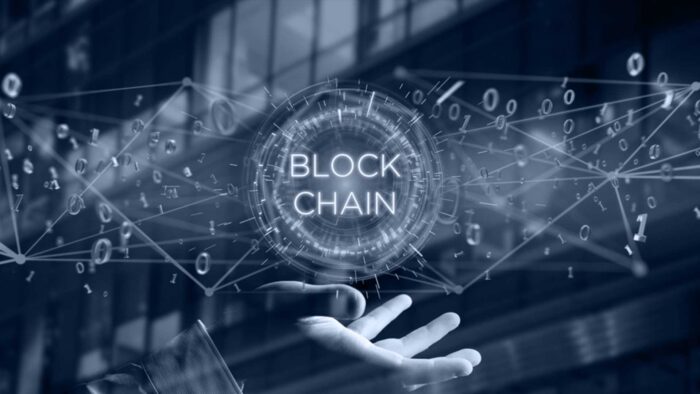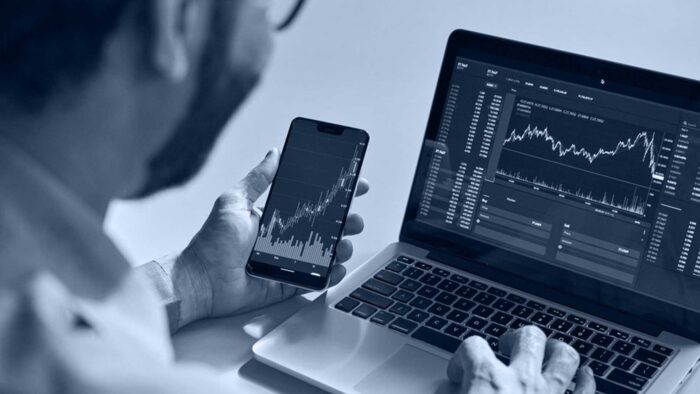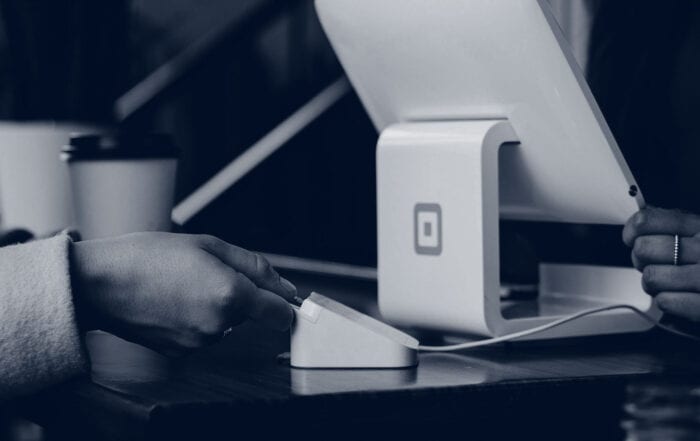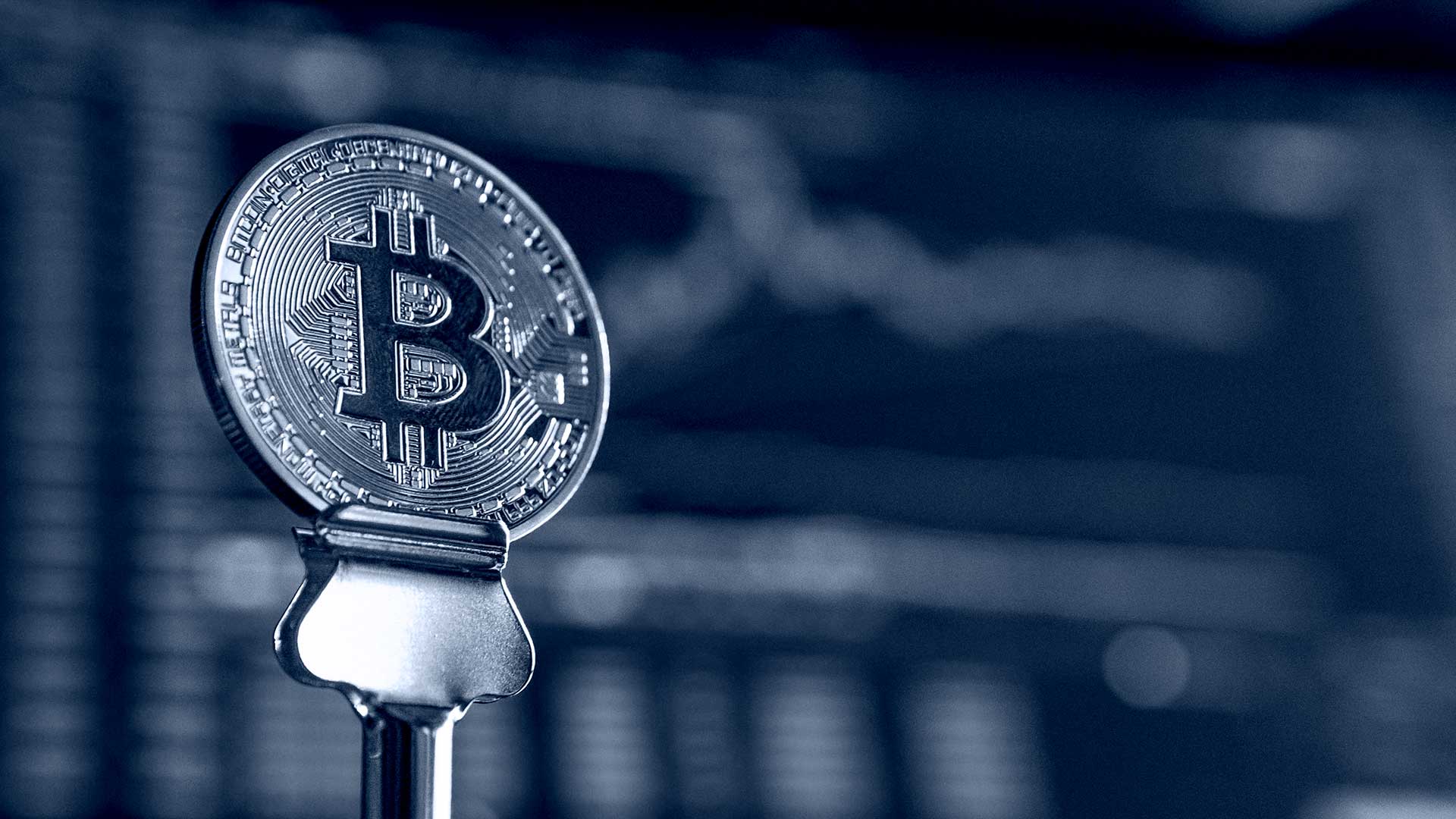
Your Guide To Blockchain
Blockchains popularity has grown tremendously in the last few years, with businesses, governments, and enterprises adopting the emerging technology.
What is Blockchain?
A blockchain is a decentralised ledger of transactions across a peer-to-peer network. It offers financial services firms a more effective way to handle a whole range of transactions, with use cases like payments, derivatives, settlement, securities, syndicate lending, trade finance, and more.
We are all now used to sharing information through a decentralised online platform: the internet. But when it comes to transferring value – e.g. money, ownership rights, intellectual property, etc. – we are usually forced to fall back on old-fashioned, centralised institutions or establishments like banks or government agencies. Even online payment methods which have sprung into existence since the birth of the internet – PayPal being the most obvious example – generally require integration with a bank account or credit card to be useful.
Blockchain technology offers the intriguing possibility of eliminating this “middleman”. It does this by filling three important roles – recording transactions, establishing identity and establishing contracts – traditionally carried out by the financial services sector.
This has huge implications worldwide, as the financial services market is the largest sector of industry by market capitalisation. Replacing even a fraction of this with a blockchain system would result in a huge disruption of the industry, but also would create the potential for a massive increase in efficiencies.
Understanding Blockchain
A blockchain is a type of database where information is stored electronically rather than physically. The difference between blockchain and a standard digital database is that a blockchain structures the data differently. Where a database would hold information individually, a blockchain holds the data in groups, or blocks, which hold sets of information rather than individual pieces. Each block has a certain amount of data that can be stored within it, so once a block becomes full, this block is added onto the chain of previously filled data blocks, thus becoming a blockchain. All new data that is stored after this will be in a new block, and this process will continue until there is no more data to store. The main reason behind this is so that a timeline can be kept of all changes. When a block is added to the chain, this is a permanent change that can be time-stamped and confirmed, adding more legitimacy and security to the process.
But how does this translate into a real-world application for bitcoin and other cryptocurrencies? The easiest way to look at this is through the use of Bitcoin, which requires a collection of computers to be able to store its blockchain. This blockchain is essentially a history of all the bitcoin transactions ever made within one database; however, not all of the computers storing this information are located under the same roof. This is an example of decentralised blockchain, meaning that multiple different computers in a variety of different locations are all storing the Bitcoin blockchain at any one time. This helps to improve safety and prevent fraud, as there are many copies of the data held in different locations that can be cross-referenced at any time. Blockchain’s history is irreversible and remains constant, so if there is an instance of tampering, this will be picked up when cross-referencing nodes and the faulty or broken copies will be erased and replaced with a new, updated version of the blockchain. To action a change within the system, the majority of individuals who have access to the blockchain would have to agree to the suggested alterations. This ensures that changes cannot be made without proper sign-off and that all changes must be in the network’s best interest.
Blockchain may also be correctly referenced as a distributed ledger technology – all participants in the network of computers that hosts the blockchain will have access to this ledger and the record of transactions that it holds. As the ledger is shared, each transaction will only ever be recorded once, which eliminates the chance of duplication.
Blockchain also has potential applications far beyond bitcoin and cryptocurrency. From a business perspective, it’s helpful to think of blockchain technology as a type of next-generation business process improvement software. Collaborative technology, such as blockchain, promises the ability to improve the business processes that occur between companies, radically lowering the “cost of trust.”
Business Banking with BCB Group
At BCB Group, we aim to offer complete solutions for our clients in the blockchain economy by providing the foundations for digital businesses. As a growing market, the world has entered a new era of money and value. The future depends on strong institutional foundations today, so the businesses operating in this space must find the business solutions that they need to function effectively. Blockchain has become a tool that is now a basic part of the crypto partner ecosystem; it is used to prevent fraud, to fight against identity theft, and become an all-in-one solution for businesses in the industry.
One of our most useful solutions is BLINC, the BCB Liquidity Interchange Network Consortium, which is our instant settlements network that allows BCB clients to access real-time settlements within the network. As a BCB Business Account holder, BLINC will be at your disposal free of charge, allowing you to access our powerful instant payments and settlement network. Key features of BLINC include: FPS, SIC, SEPA and SWIFT access for off-network fiat transfers (incoming and outgoing), free account funding, free transactions, market-leading rates for FX conversion, institutional spreads on fiat-crypto conversion (coming soon), segregated client accounts in fiat currencies and segregated digital asset wallets.
For more information regarding our BCB Business Accounts, BLINC, and all of the other services we offer businesses in the blockchain economy, get in touch with a member of our expert team today.
